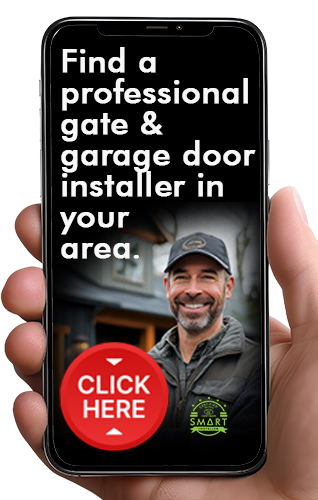Of all the platitudes and folk wisdoms you’ve heard in your life, time is money is probably the most enduring.
It’s a logical equation, when one gets right down to it. The more time one has, the more work one can get done, and the larger the profit one stands to make. Think of the two as being directly proportional.
The problem is that one variable in the aforesaid equation is of a decidedly fixed nature: for all our imagination and seemingly limitless ingenuity, Mankind has not yet found a way to increase the number of hours in a day. One can make more money, but one can never make more time. We are forever bound by its rigid laws. In the words of US founding father Benjamin Franklin, “lost time can never be found again”.
Carry some spares
Sure, it’s much easier to operate in a workshop environment and, in many instances – especially where a lot of stripping down is required – taking the recalcitrant operator back to your office might be your only course of action. But just think how much time you can save by swapping out easily-replaceable parts onsite.
Spare controllers, power supplies and commonly-used fuses should all be part of your site arsenal.
Check your tools regularly
Few things can be more frustrating than getting to site only to find that a certain screwdriver or allen key has gone to that mysterious no-man’s-land usually reserved for single socks after laundry day. Do an inventory of your tools at least once a week, and make a note to replace missing items before undertaking your next big job.
Have a site checklist
You’d be surprised at how much time you can save just by having a list of standard things to check with every installation. Just by ensuring that you’ve checked each item on the list saves you having to return to site at a later stage, which could also be to the detriment of your reputation.
Do a site visit
So much time is wasted onsite just running around and setting up, making sure there’s electricity at the installation site, etc. It’s always a good idea to visit the site a day or two before the installation is due to take place, just to get clarity on what exactly the job demands, and that you’ll have everything needed for the installation within easy reach. This is especially important when it comes to traffic barriers, as there are many variables that need to be taken into account, including traffic direction and the orientation of the boom. Compile a pre-installation checklist to make things easier for yourself.
Use a Pinion SPYDER
Fear not, fellow arachnophobes, it’s not an actual spider (phew!, am I right?). What it is, however, is an innovative new tool from Centurion Systems designed to help you get the all-important mesh between the gate rack and the motor pinion just right. The SPYDER fits snugly between the teeth of the 17-tooth pinion (yes, like a bug in a rug) and the thickness of its legs is exactly equal to the space needed between the rack and the pinion.






